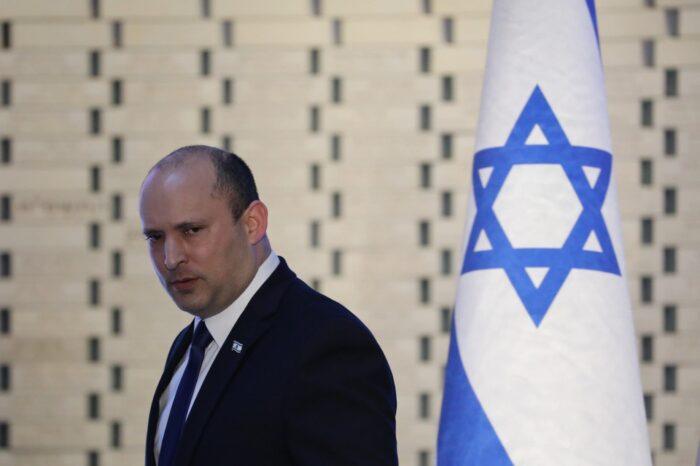Turkish-Israeli Reconciliation Continues Despite New Defense Minister
Despite worries over the appointment of Israel’s new far-right defense minister Avigdor Lieberman in late May, it seems the prospect of a Turkish-Israeli reconciliation deal coming to fruition has not been damaged. Statements from high level officials from both countries have suggested that a deal is imminent. Turkish Foreign Minister Mevlut Cavusoglu told reporters that Turkey is only one or two meetings away from reaching a deal with Israel. On the Israeli side, Prime Minister Benjamin Netanyahu told U.S. congressmen that the two countries are “very close” to signing a deal. Soon after, Israel’s energy minister Yuval Steinitz was quoted as saying, “I’d say we’ve successfully finished dealing with 90 percent of the topics.”
This spring has seen an uptick in diplomatic activity between Turkey and Israel after five years of a diplomatic freeze following the May 2010 Mavi Marmara incident that left eight Turkish and one Turkish-American activists dead. However, the resignation of Israel’s Defense Minister Moshe Yaalon and the subsequent appointment of Avigdor Lieberman to the post created concern that the Israeli leadership may no longer be committed to normalization.
Mr. Lieberman is not known for having a positive stance on Turkey. Though he has not made any public statements regarding reconciliation since his appointment, Lieberman has commented on the diplomatic situation between the two countries a number of times over the past few years. When Prime Minister Netanyahu made his phone-call apology in March 2013 to then Prime Minister Erdogan for the flotilla incident, Lieberman publicly came out in opposition to the move. He stated that it was a “serious mistake,” adding later that it would harm Israel’s regional standing and “play into the hands of extremists in the Middle East, with Turkey under Islamist extremist Erdogan among them.”
Netanyahu’s apology was one of Turkey’s three conditions for normalizing relations after the two countries downgraded diplomatic relations. The other two conditions included a compensation package for the victims’ families and an end to Israel’s blockade of Gaza. Lieberman has commented on both, stating that Israel should only provide compensation if Turkish Parliament passes a law to prevent the Turkish government from pressing charges against the IDF soldiers involved in the incident. Regarding the Gaza blockade, he has said that the costs of lifting the blockade would outweigh the benefits of a deal with Turkey.
More generally, Lieberman has alluded to Israel’s relations with other countries as cause for hesitation in finalizing a deal with Turkey. According to the new defense minister, normalizing relations with Turkey could harm relations with both Greece and Cyprus, with whom Israel has been exploring energy cooperation in the Mediterranean Sea over massive gas reserves. Lieberman has also voiced concerns for how the deal might impact Israeli relations with Russia. Russia and Israel have also been exploring energy cooperation, but Russia has sour relations with Turkey due to the shooting down of a Russian jet in November 2015. Finally, Lieberman has mentioned the potential negative consequences of a reconciliation on the Israeli-Egyptian relationship, considering the low state of relations between Ankara and Cairo after Turkey’s strong condemnation of the ousting of Mohammed Morsi in 2013.
Regardless of Lieberman’s past statements, progress on the deal has certainly been made. Officials have confirmed that two of Turkey’s three conditions have been met – a formal apology and a compensation package – but the lifting of the Gaza blockade remains under negotiation. It seems that the two sides may be working on a compromise for this topic, with Israel potentially allowing delivery of humanitarian aid and energy to Gaza via Turkish ships. The status of such an arrangement is unclear. However, considering statements that a deal is only a few meetings away, we can assume that common interests are propelling both sides to move past more narrow anti-Turkish political agendas in pursuit of a final agreement.























